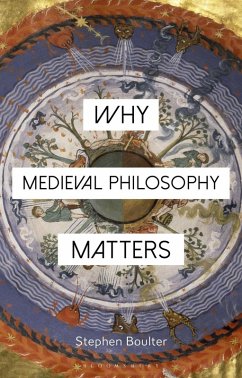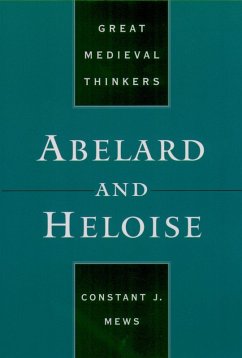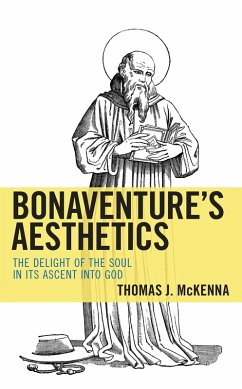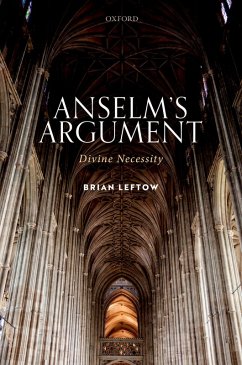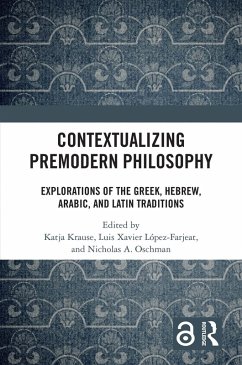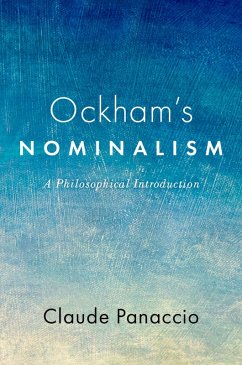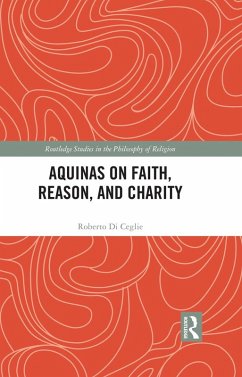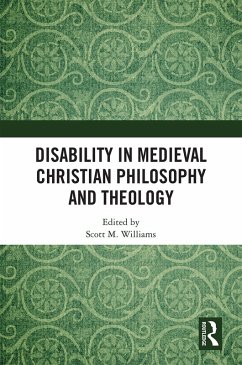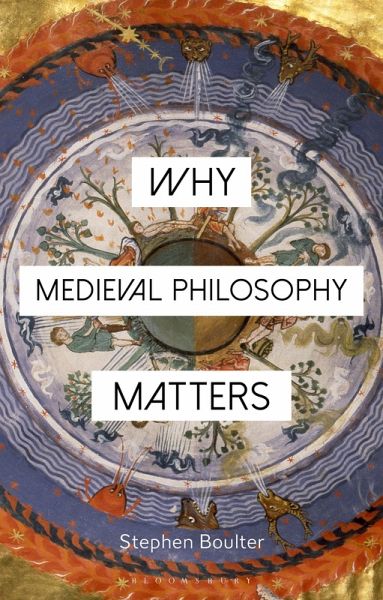
Why Medieval Philosophy Matters (eBook, ePUB)
Versandkostenfrei!
Sofort per Download lieferbar
21,95 €
inkl. MwSt.
Weitere Ausgaben:

PAYBACK Punkte
11 °P sammeln!
Tackling the question of why medieval philosophy matters in the current age, Stephen Boulter issues a passionate and robust defence of this school in the history of ideas. He examines both familiar territory and neglected texts and thinkers whilst also asking the question of why, exactly, this matters or should matter to how we think now. Why Medieval Philosophy is also provides a introduction to medieval philosophy more generally exploring how this area of philosophy has been received, debated and, sometimes, dismissed in the history of philosophy.




